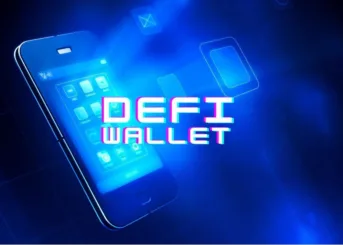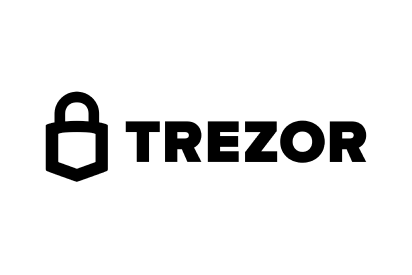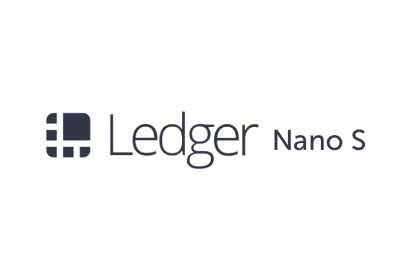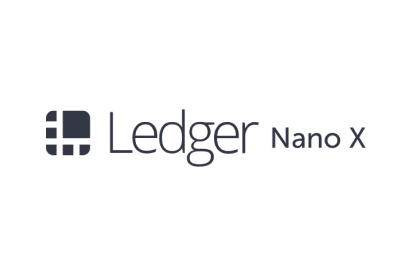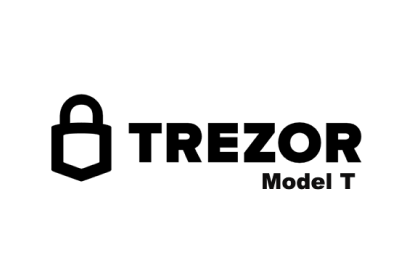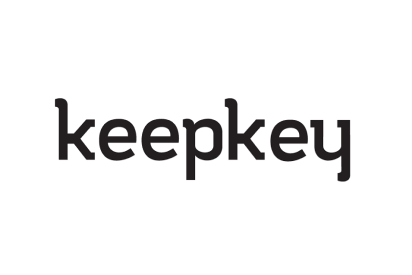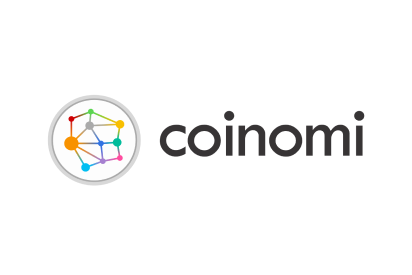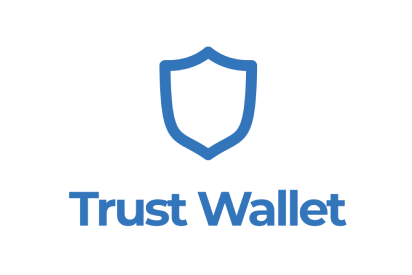What are DeFi Wallets?
A DeFi wallet is a program designed to link users with the decentralized finance ecosystem. It can be used to store, send and receive cryptocurrency assets. They are non-custodial in nature, meaning the owner has complete control over the wallets and assets. Consequently, the security of funds and the DeFi wallet solely lies in the hands of the user. Only someone with the private keys to the wallet can access it. So, governments and the authorities, in general, are locked out of this system. You will come across two leading wallet types; cold and hot wallets. Cold wallets come as portable hardware devices and store your private keys offline, which is equivalent to keeping your assets away from the internet. You can safely call them hardware wallets as a result. On the other hand, we have hot wallets. These are software wallets that live on the internet and store private keys online. While software wallets are generally free, hardware Decentralized Finance wallets come at a cost. Good ones range between $35 and about $150, but the price could go higher depending on the features you’re looking for.
How to Choose the Right DeFi Wallet for You?
Several factors have to be considered while choosing the best crypto wallets. First, you should determine which blockchain you’re going to use, then develop a list of DeFi wallets compatible with that blockchain. Although decentralized Finance is largely centred on the Ethereum blockchain, alternatives such as Solana are rising fast. If you’re going to use the Ethereum network, wallets such as MetaMask will do. However, you need a different DeFi wallet such as Ronin wallet to access dApps like Axie infinity.
Second, we all love our money kept safe. Therefore, any wallet provider that doesn’t give safety a priority should not even be on your list of considerations. Of course, there are things you can do to keep your cryptocurrency safe, but before that, make sure your wallet provider has essential features such as 2FA for hot wallets and hardware PIN for cold wallets.
Other features such as customer support, user interface design, and fees are not less important. You want to acquire a wallet that’s not costly to use. Information about pricing for hardware wallets and transaction fees for hot wallets is always available on the websites of each respective wallet. Read online reviews from other users too. In terms of usage, all wallets are not the same. For example, even though MetaMask is compatible with NFTs, it lacks the visualization function. So you may want to use it strictly for ERC20 tokens and get a different DeFi wallet like Rainbow in that case.
You will need to send money in and out of your wallet. At some point, you may want to cash out and spend your crypto. Different DeFi wallets offer unique methods of transacting. While most of them are purely crypto to crypto wallets, a few, such as Argent, allow fiat purchases through credit and debit cards. These are some of the bare minimum factors that you must look at. Over time, you will definitely develop personal preferences as you gain more experience in the Web3 space.
An Overview of DeFi Wallets
Decentralized Finance wallets come in different forms. They range from iOS wallets, Android apps, Windows desktop apps, and Mac wallet versions to browser plugin extensions. They are naturally non-custodial, and users can only prove ownership using private keys. A loss of private keys cuts the user permanently from accessing their crypto assets with no recovery options. Private keys can be complicated for the average investor, so instead, most wallets use seed phrases that encode private keys as a backup. Remember, your crypto is never stored in wallets. So private keys act as access to the specific blockchain address holding your assets. Keep in mind that DeFi is as broad as traditional banking. Hence, the associated wallets have extra features such as saving, lending for interest, and even borrowing, where users can take loans.
DeFi Wallet Characteristics
Decentralized Finance wallets have varying features depending on the motivation of the developers. However, there are some standard characteristics that across:
- Key-based: DeFi wallets are key-based wallets. This doesn’t mean that other wallets work without keys, but in this case, the users have complete control of the wallet keys.
- Non-custodial: The key-based feature of DeFi wallets makes them non-custodial. Wallet owners are the only ones in charge of their transactions with zero third parties involved.
- Compatibility: All DeFi wallets must be compatible with Web3 functions. That is what makes them DeFi wallets in the first place.
Key Points to Consider
- Compatibility: Always remember to check which products a given wallet supports before signing up, investing your funds, or sending money to it. DeFi wallets are all different.
- Private keys: Your private keys determine the destiny of your crypto wallet. Anyone who holds it is as good as the wallet owner and can manipulate funds inside that wallet anyhow. Keep your private keys safe and confidential.
- Assets: Different wallets support different assets. Do not forget to check that your wallet keeps all the assets you want to use. It makes sense to have one DeFi wallet with multiple functions if you deal with a broad category of DeFi products.
- Support: You may realize that these wallets hardly have a live chat support feature. Emails are effective but can take longer than expected to solve an issue. We recommend joining the DeFi wallets community to learn more about the wallet and seek quick help from the members whenever you’re on the fence about a problem. Most wallets have discord and telegram channel. You may follow them on Twitter too.
Top Picks
MetaMask DeFi Wallet
![]()
MetaMask is a great DeFi wallet for PC browsers and mobile users. It prides in over 15 million active monthly users and supports about 450,000 tokens. It’s necessary to note that MetaMask only supports Ethereum and ERC20 tokens natively. Recently, it started accepting wrapped digital coins like wrapped BTC, which are ERC20 derivatives of the original coins. MetaMask is famous for enabling subscribers to find the lowest network fees during transactions. Due to the various partnerships, it has with top platforms like UniSwap and 1inch; transactions are usually spread across multiple protocols to protect them against slippage.
Why MetaMask
- Most popular DeFi wallet.
- Compatible with human-readable addresses.
- Available as a web plugin extension and mobile app.
- Supports 450,000+ ERC tokens.
- Speed up transactions even when the network is congested.
- Stay protected from slippage.
Coinbase DeFi Wallet
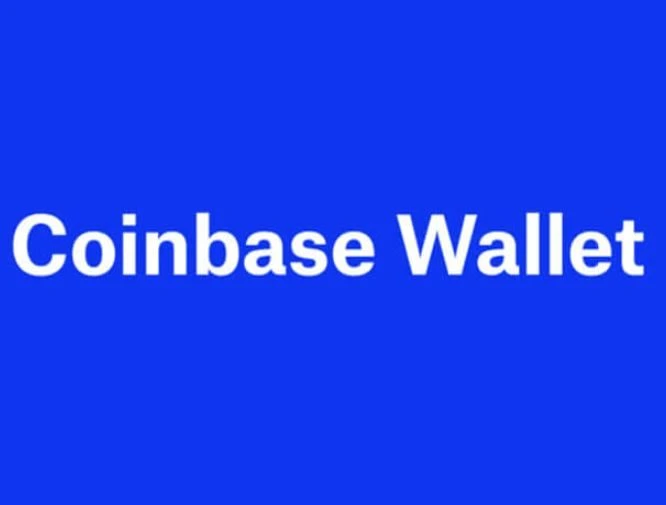
Coinbase wallet is a non-custodial DeFi wallet. Please do not confuse it with Coinbase.com, a centralized exchange platform. Coinbase wallet hence gives subscribers complete authority over their private keys and trades. It supports over 100,000 tokens, including NFTs. We recommend this wallet for beginners because it has a user-friendly interface favoring novice and experienced investors. Its relationship with the main CEX platform also means that users can easily trade cryptos. When it comes to security, you have an option to activate 2FA, fingerprint locks, and even facial recognition. The wallet easily integrates with hardware wallets giving you an opportunity to store your digital coins offline. If you’re looking to start staking, Coinbase wallet offers you a wide range of dApps where you can lend and save your money to earn interest.
Why Coinbase wallet
- Top-notch security features.
- Integrates with dApps such as Compound, where users can invest and grow their money.
- Easily buy and sell cryptocurrencies by linking up to your Coinbase.com account.
- Intuitive and user-friendly interface.
Argent DeFi Wallet

Argent is a DeFi wallet like no other, threatening to disrupt an already highly disruptive decentralized finance sector. It’s a smart contract DeFi wallet. Unlike MetaMask and Coinbase wallet, you don’t have to worry about losing your private keys when using Argent wallet. There are no seed phrases and backup during sing up. Instead, you’re required to nominate family and friends, called “Guardians,” who will help you recover your account if you lose access. This feature has made it so popular among beginners who want to enjoy the benefits of non-custodial wallets without worrying about the security of their private keys. Worthwhile to note that Argent is an Ethereum only an ERC20 token wallet. Users can stake Ether and take home as much as 5% annually in interest.
Why Argent
- No risk of losing account access due to loss of private keys.
- One of the best mobile wallets with simple user features for all levels of investors.
- Enjoy zero transaction fees, courtesy of meta transactions.
- Easily connects to key dApps like Compound.
DeFi Wallet List

Argent – Best DeFi wallet for staking.
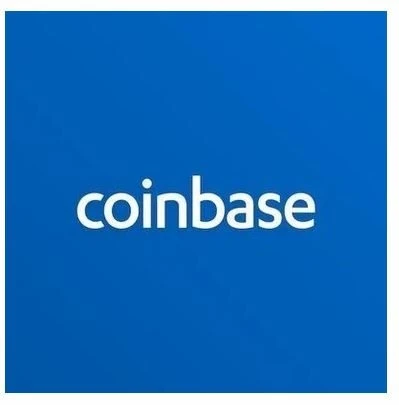
Coinbase Wallet – User-friendly, best wallet for beginners.
![]()
MetaMask – Most popular Ethereum and ERC20 tokens wallet.
![]()
Trezor T – High-security DeFi hardware wallet.
![]()
Ledger Nano S Plus – Leading DeFi cold storage provider.

Trust Wallet – Best mobile DeFi wallet for multiple assets.
![]()
Guarda Wallet – Secure and Easy to Use DeFi platform.
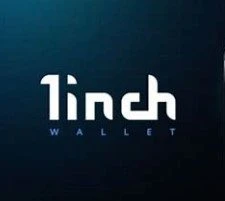
1Inch Wallet – Best NFT DeFi Wallet.
![]()
Rainbow Wallet – Great UI/UX Ethereum wallet.
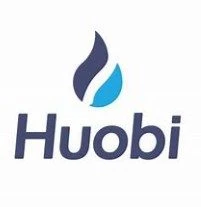
Huobi Connect – Best DeFi wallet with secure backup options.
How to Use DeFi Wallets?
All DeFi wallets have features that make them unique, but the main goal is to store cryptocurrencies safely and facilitate transactions. Accessing loans or investing in a liquidity pool for a profit is also possible. Some wallets have inbuilt functions for internal digital coin swapping without having to use third-party exchanges. Now that NFTs have gone mainstream, it’s becoming second nature for DeFi wallets to have NFTs storage features. So how does one get started with using a DeFi wallet? Virtual currency wallets are not hard to use. Here is a quick step-by-step guide.
Installation: Install your wallet of choice accordingly, be it a browser plugin extension, desktop app, or mobile app.
Sign up: Register and create a user profile for your DeFi account. Most wallets have simple registration procedures and won’t ask you to submit too many personal details. You may not be required to upload any KYC documents too.
Safety: Secure your wallet with a strong password and extra features like 2FA, fingerprint verification, and face lock.
Start using your wallet: You’re good to go. Add your first digital money into your wallet now. You can send it from an exchange or buy the crypto from your wallet.
Conclusion
You’ve most likely realized that finding the best DeFi wallet can be daunting. There are enough products that meet the minimum qualifications for good wallets. Each of them then brings a uniqueness to the table, differentiating it from the rest. You may want to purchase a cold wallet for maximum security of your coins. It sounds like a good idea, but you will have some limitations. For example, you won’t be able to take advantage of short-term volatility and day trade. So we advise owning at least two wallets, a hot and cold one. It is much better if they are compatible with each other, meaning you can integrate them for easy transferability of your funds between them. Our website brings you all the information you need about blockchain technology. You may be interested in reading about Web3 wallets. Enjoy
1. What makes a DeFi wallet different from a regular wallet like Binance?
1. What makes a DeFi wallet different from a regular wallet like Binance?
Decentralized Finance wallets apply the fundamental tenets that informed the development of cryptocurrencies. They are entirely decentralized and pseudonymous as they don’t ask for personal details like KYC during registration.
2. Are Decentralized Finance wallets safe to use?
2. Are Decentralized Finance wallets safe to use?
Decentralized Finance wallets are considered highly safe for users. They are non-custodial in nature, meaning they store private keys offline, away from the reach of even the most notorious hackers. The user gets to control their own destiny according to how safe they keep their private keys. The security is purely in your hands.
3. What are the transaction limits of DeFi wallets?
3. What are the transaction limits of DeFi wallets?
DeFi wallets come with unlimited deposit limits. A few have a maximum daily, weekly, or monthly withdrawal caps. This is usually easily lifted upon meeting specific requirements as set by the provider.


